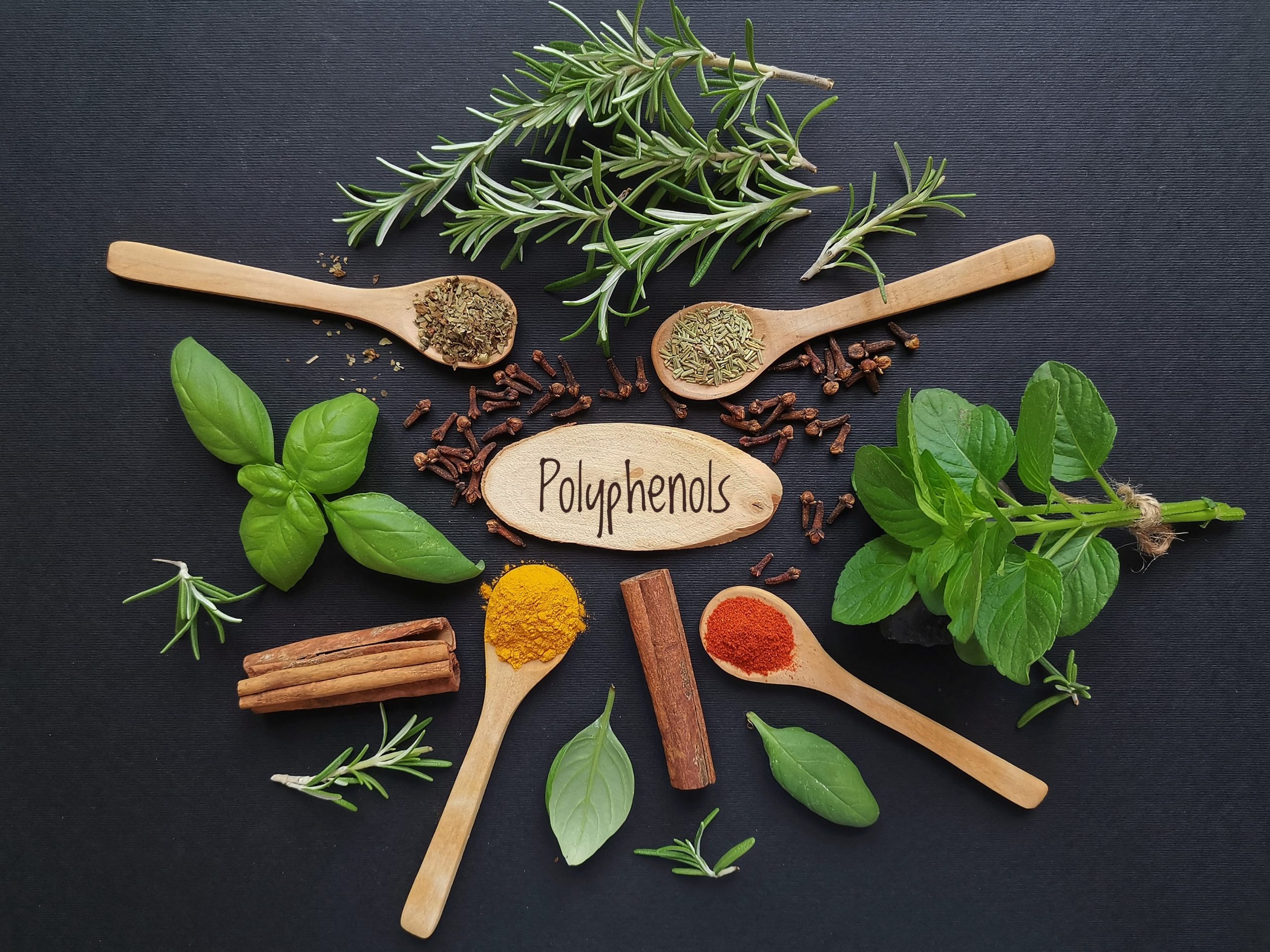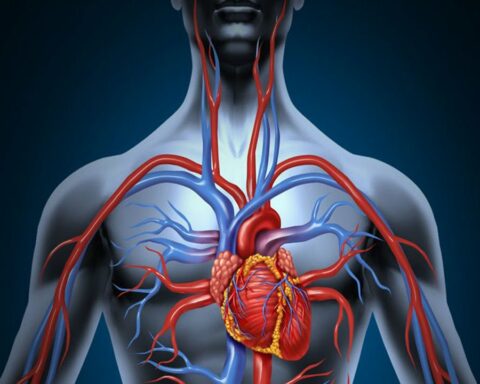Polyphenols are naturally occurring chemicals with multiple benefits in a human body. But do you need Polyphenols? Keep reding below to feed your knowledge-yearning mind.
There is no much argument when it comes to the importance of eating fruits and vegetables. After all, they’re known to help our bodies in great ways. But what about polyphenols? Are they beneficial to our bodies? Polyphenols are chemical compounds found in plants. These plant-based composites can do great things in helping you be healthy. It contains antioxidants properties and offers great protection against various diseases like heart diseases,cancer, and diabetes. Polyphenols are found in fruits, vegetables, cereals, legumes, chocolates, beverages, oils, and spices. Let’s review why you need polyphenols.
Groups of Polyphenols
Polyphenols are available in more than 8000 varieties, but they’re grouped into 4 main categories;
Flavonoids- Out of all polyphenols, flavonoids cover about 60%. They’re in high quantity in foods like apples, onions, dark chocolate, and red cabbage. They include quercetin, kaempferol, catechins, and anthocyanins.
Phenolic acids– They represent about 30% of all polyphenols. They’re mostly found in fruits, vegetables, whole grains, and seeds. They include stilbenes and lignans.
Polyphenolic amides– This group is particularly found in chili peppers and oats.
The remaining polyphenols– This category includes the polyphenols found in red wine, berries, turmeric, flax seeds, sesame seeds, and whole grains.
What Determines The Content Of Polyphenols?
The volume of polyphenols and the type depends on the food itself, the origin, the level of ripeness, the production process, how it’s transported, and how it’s prepared.
Sources of Polyphenols
Fruits and vegetables are the major plant-based foods rich in polyphenols. Even so, other great sources of polyphenols include;
Whole grains
Whole grains are known for theiruseful properties. The main whole grains rich in polyphenols include; wheat, rye, and oat flours.
Nuts, seeds, and legumes
Roasted soybeans, black beans, white beans, chestnuts, hazelnuts, almonds, walnuts, flaxseeds are rich providers of polyphenols.
Beverages
If you’re a lover of coffee, red wine, ortea, you have a bigger reason to love it more. They contain polyphenols in large amounts.
Fats
Dark chocolate, virgin olive oil, and sesame seed oil should be your priority type of oils to use because of the polyphenols they possess.
Spices and seasonings
While spices are mostly used to makefood tastier, they can be excellent sources of polyphenols. Go for cocoa powder, capers, rosemary, ginger, curry powder, peppermint, soy sauce, cinnamon, and cloves.
Vegetables
Overall, vegetables are healthy. Spinach, onions, potatoes, black and green olives, broccoli,and asparagus will give you what you’re looking for.
Fruits
They’re the greatest among them all. Berries are the masters; cherries, berries, raspberries, cranberries, blackberries. Others include Oranges, apples, grapes, peaches.
What Are The Health Benefits Of Polyphenols?
As it turns out, polyphenols come with many benefits like;
Promoting healthy digestion processes
Polyphenols boost the growth of beneficial gut bacteria and flush off harmful ones. Also, they may improve bowel movement.
Promote brain function
Eating polyphenol-rich foods may increase your focus and memory. Drinking grape juice or cocoa may help you concentration more.
Contains anti-cancer properties
At the moment, cancer is among the threatening diseases worldwide, regardless of the age of individuals. Although polyphenols do not cure cancer, they can help to prevent it. They have powerful antioxidants and anti-inflammatorycharacteristics, which block cancer cells’ growth and progression, particularly breast and prostate cancer.
Has anti-aging effects
Getting old is scary for most people. Don’t get me wrong. Polyphenols don’t stop you from getting old. But it’llhelp reduce the diverse changes in cells and tissues, behaviors, and diseases that come with aging.
Protection against neuro disorders
Neurodegenerative diseases like Alzheimer’s and Parkinson’s’ can be controlled by dieting in polyphenol foods. These compounds detoxify enzymes in the brain and act as a defense system for inflammatory properties.
Protection against breathing issues
Dietary polyphenols have preventive effects in the treatment of asthma. Asthmatic individuals have breathing difficulties and may experience lung diseases. Adding polyphenols to their diet will help to improve lungs function.
Impairment in
Anti-diabetic effects
Glucose metabolism leads to diabetes type-1 and type-2. Polyphenols prevent and manage type 2 diabetes by protectingcells from glucose toxicity, and all this is because of the anti-inflammatory and antioxidant effects of polyphenols. Moreover, they regulate and transport glucose in the body stream.
Other Health Benefits
They prevent loss of bone density, protect skin damages caused by sunlight, and offer good treatment for obesity. They also have protein properties that inhibit starch, lipid, and protein digestion in the gastrointestinal tract, by interacting with and inhibiting digestive enzymes.
Risks and Side Effects
Polyphenols are safe for most people. However, individuals with certain food allergies or medical conditions may have to avoid them. While polyphenols are natural plant-based foods, they’re sometimes added to other foods or extracted to make supplements. However much beneficial they offer the body, excessive amounts create harmful effects.
It’s reported that high doses of one particular polyphenol may cause kidney damages. It can also lead to tumors and interrupt thyroid hormone production. Some types can also interfere with the absorption of nutrients.
Is It Advisable To Use Polyphenol Supplements?
Supplements are great for providing a stable amount of polyphenols, but they are disadvantageous in some ways. Supplementsare usually not as beneficial as polyphenols-rich foods. They lack most plant compounds that are found in whole foods. In addition, supplements are isolated, yet polyphenols work best when combined with other natural foods. Lastly, they’re not regulated and offer extreme amounts that can be harmful to the body.
What Influences The Activities Of Polyphenols In The Body?
Even though some foods have higher polyphenol levels than others, it does not guarantee they’re absorbed and used at higher rates. Certain factors affect how polyphenols react in the body. Such factors include;
- Metabolism
- Intestinal absorption
- Bioavailability of polyphenol
How Many Polyphenols Should You Take?
Despite the health benefits polyphenols provide, only a few people meet the recommended dosage. When it comes to the right measure of polyphenols you should consume, the safe amount is between 500mg to 1500mg in a day. The minimum consumption in a day should be 1000mg. Combine different polyphenols in your mealto get the best results.
Conclusion
Polyphenols are important compounds and need to be in our daily diet. As much as fruits and vegetables are the main sources, ensure you also consume other types of polyphenols to get excellent results. Before using polyphenols supplements, always talk to your doctor to ensure you take the right amount and what your body can accept. As you include these unique compounds in your diet, ensure you also take other types of food generously. Keep in mind you need nutrients from other foods as well.
- How to Manage or Improve Anxiety - September 21, 2023
- The birth of a company - July 29, 2023
- Online Fitness & Nutrition/Personal Training by Rob Powell - July 7, 2023






